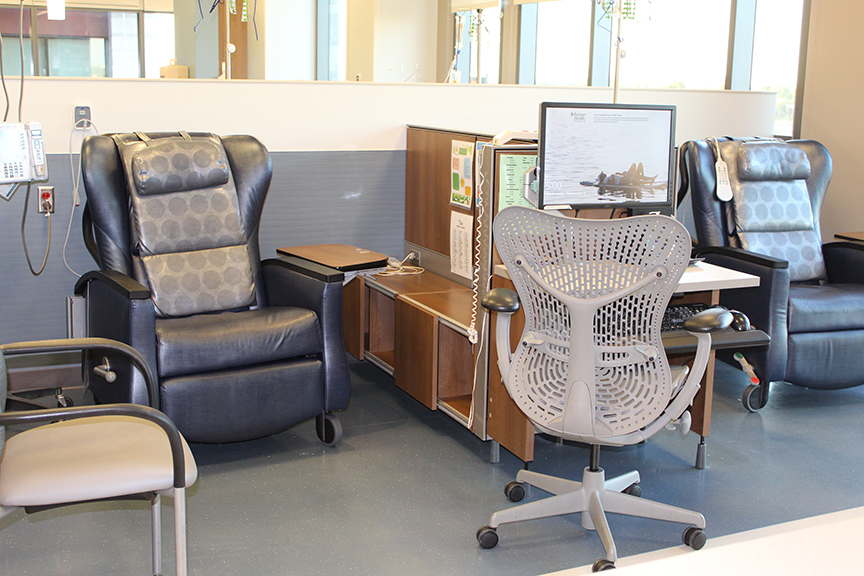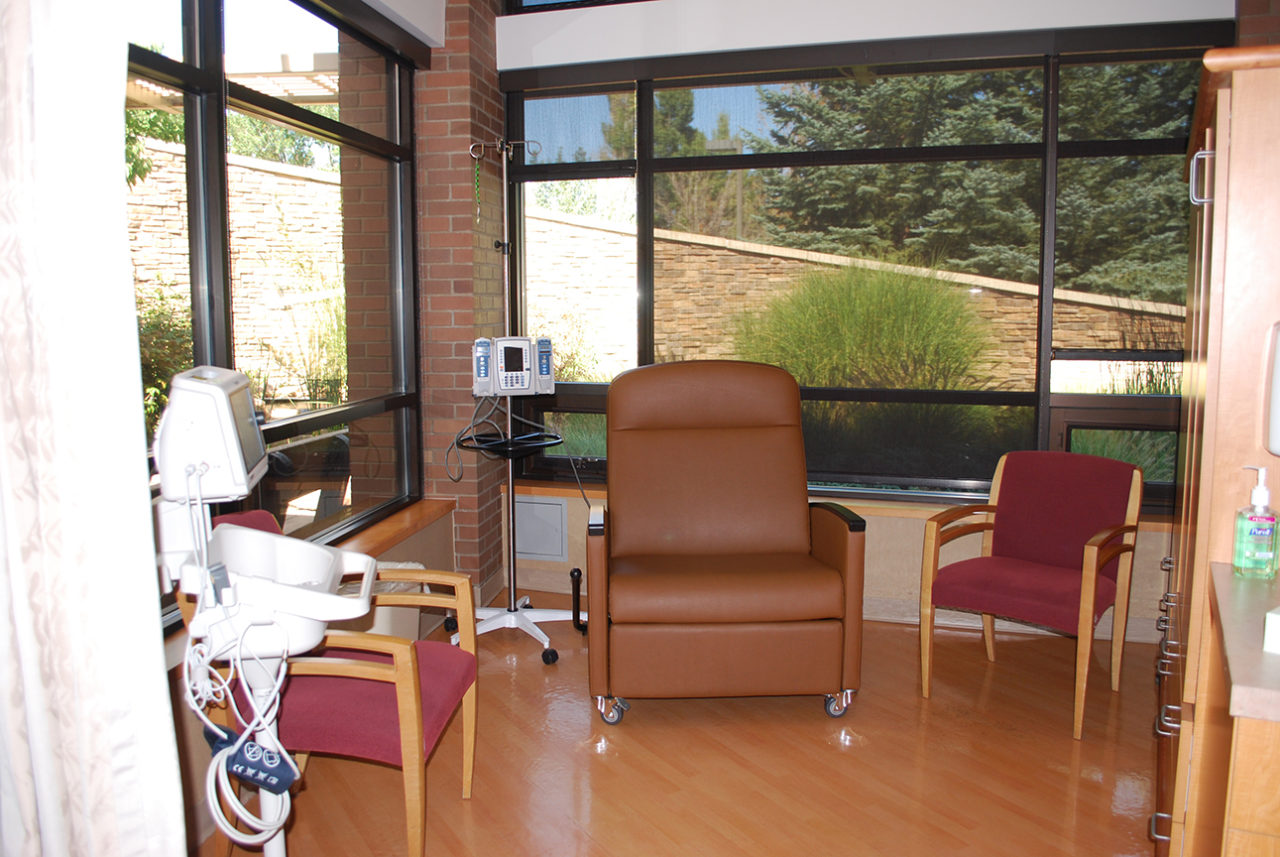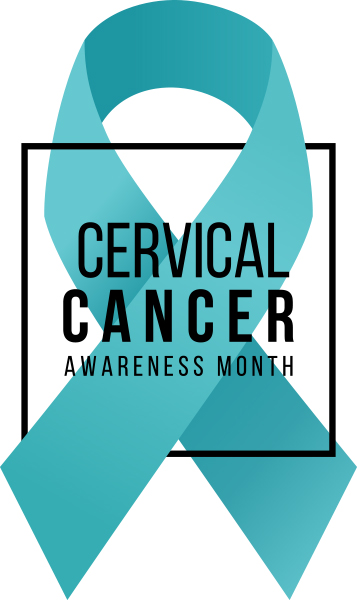By Lynette Chilcoat | Photos courtesy of Banner Health
Cancer is a voracious, multi-headed monster, yet there is a demon-slayer in the midst. Each year the battle rages as organizations such as MD Anderson make every attempt to not only engage the enemy but to win the crusade.
McKee Medical Center in Loveland is expanding their MD Anderson-affiliated Cancer Center this year, and the Northern Colorado community will benefit from new technologies and procedures that will help in the cancer fight.
MD Anderson’s NOCO role in helping to vanquish the villain
MD Anderson Cancer Centers are synonymous with going the extra mile to compassionately care for cancer patients, all while allowing them to retain their dignity. Northern Colorado boasts two of their affiliate facilities—one at McKee Medical Center in Loveland, the second located at Northern Colorado Medical Center (NCMC) in Greeley. They work in tandem with one another as well as collaborating with a national network.
MD Anderson, based out of Houston, is world-renowned for developing and using the latest technology. In this way, physicians can pinpoint specific cancers and then tailor medical care for the best possible outcome. They bring 30 years of experience to the table, providing decades of leadership in cancer prevention. Also offering cutting edge research, innovative clinical care and educational programs, they continue to place the priority on the patients.
The passion of medical staff fighting to save lives shines through with an energy and resolve hard to match. Case in point is Jeffrey Albert, M.D., M.P.H., Oncology Physician Executive and radiation oncologist, who speaks of the current cancer centers, as well as an upcoming expansion at the McKee campus in 2020, with true fervor.
“This is a big deal for the Northern Colorado community,” says Albert. “Almost all MD Anderson facilities are in larger cities. There is a huge need here and patients will benefit greatly from the care offered at these centers. Since we rolled this out it’s been shocking to us the amount of people from the area who were traveling to Houston to receive care.”
Now patients are coming from all over the greater Rocky Mountain area, such as metropolitan Denver and nearby mountain towns, and as far reaching as neighboring states of Wyoming, Nebraska and Kansas.
The impetus was spurred when MD Anderson and Banner Health began to look at a partnership in this region. The model came from a favorable story in Phoenix where the two had successfully merged.

I feel fortunate to come to a place where there are top-notch physicians and administration, and to be able to serve this community.
— Alexander Pak, M.D.
“It was quite a process,” says Albert of MD Anderson combining efforts with Banner Health in Northern Colorado. “They started with reviewing medical staff, training procedures, even chart data. A high level of cancer care was already being provided, but this is a very, very demanding program. There has been an unbelievable amount of work done by a huge number of people to get to this point where we are developing a team-based focus on the patient. An example is that five years ago we brought in the first specialty-trained oncologists and still have the only two oncologic surgeons in Colorado. We continue to provide state-of-the-art services and physicians.”
The need for an expansion
Julianne Fritz, RN, Regional Director of Oncology Services for Banner Health, speaks on the necessity for an expansion, due to start in early 2020.
“This is a nearly $8 million project aimed at providing the best technology and services in oncology,” says Fritz. “The expansion will address three specific needs. The first is an expanded and upgraded chemotherapy space. This will utilize a ‘Pod design’, which, from the patient’s perspective, makes for a more warm, comfortable environment. The chemotherapy infusion suite is the area where cancer patients in an outpatient setting receive chemotherapy, immunotherapy and other medical oncology-related treatments. The Pod design gives patients a more private and esthetically pleasing place to receive that treatment. It also allows nursing staff to work closely with the patient, along with the ability to see multiple healthcare professionals and specialists in a single visit for individualized care. There is space to accommodate an entire team. In addition to the pods, the expansion will also provide for private infusion spaces for those patients who need to receive care in that more secluded setting.”
The second aspect is a dedicated oncology-specific pharmacy. This is where the preparation of oncology medications will be conducted. The drugs used require highly specific techniques and equipment. The newer pharmacy will support this need in a more efficient and convenient way.

Open chemotherapy bays at Banner MD Anderson Cancer Center in Gilbert, Arizona. A similar design will be incorporated at McKee Medical Center.

Current open style treatment area for chemotherapy.

The final feature will be expanded clinical and administrative workspaces. “There will be more multi-disciplinary clinical support, including additional physician offices, as well as exam, conference and consultation rooms,” adds Fritz.
The radiation oncology department will remain the same but has recently implemented two contemporary facets of its own: a High-Dose-Rate Brachytherapy Program and an upgrade to the Stereotactic Radiosurgery Program.
Introducing Dr. Pak, who brings groundbreaking procedures
The innovation is not limited to equipment. It’s also about the practitioners. Dr. Alexander Pak, M.D., is a cardiothoracic surgeon who has recently joined the NCMC cancer team, having relocated from Kansas City, Mo. Drawn to the field because he found the details of the heart and lungs to be fascinating, he gleans significant rewards in searching for a cancer cure or providing a better functioning heart.
Dr. Pak implements modern techniques which seem something akin to science fiction. And yet the future is now, the implications far-reaching. Utilizing robotics, Dr. Pak’s skill set includes minimally-invasive surgery as opposed to old-school, traditional techniques.
“Surgery for lung cancer usually requires a sizable incision and spreading the rib cage,” explains Dr. Pak. “Using a robotic platform, a number of small incisions can be made, which is superior because it offers the benefits of fewer complications after the procedure as well as less post-operative pain and discomfort.”
With this method, surgeries aren’t performed by a computer, or automated, but by an experienced lung cancer surgeon who is in total control. Miniaturized instruments and a high-definition 3-D scope are inserted through the small incisions into the area of the lung cancer. From there, the surgeon uses console controls to make precise motions which translate into real-time micro-movements inside the patient’s body.
Dr. Pak adds, “I feel fortunate to come to a place where there are top-notch physicians and administration, and to be able to serve this community.”
The prognosis for positive cancer treatment is superb. With healers like Pak, Albert and Fritz in their corner, NoCo residents can rest assured tremendous effort is expended to combat the Big C.

The bell that patients ring when they complete treatment.

January is Cervical Health Awareness Month, highlighting the importance of screening and prevention of cervical cancer with vaccination. In Northern Colorado, we are fortunate to have two gynecological oncologists on staff at Banner Health.
Jaimee Borger knows this well. Her story starts with laughter and an upbeat outlook. Quite an accomplishment for a lady who was diagnosed with cervical cancer two years ago, in December 2017.
Yet her optimistic nature took a hard hit shortly after finding out about the disease taking hold inside her feminine reproductive tract.
At 48 and in the prime of life, the Northern Colorado resident admits she was scared. “I was afraid, angry and in denial,” says Borger. “On the day of my first appointment with my new gynecological oncologist, I went off on my tangent and told her this should happen in a more serene place.”
But Borger discovered in an instant that she was far more than data on a chart or another victim of an all-too-prevalent illness.
“Dr. Jennifer Rubatt is the best,” continues Borger, then clarifies with what happened next. “She moved up close, put her hand on my knee and said, ‘Let’s start over. I’m here to help.’ I sighed and took a deep breath. It only improved from that point on.”
After a cervical biopsy was conducted by Banner Health, a Stage 1B2 tumor was discovered. Borger went through a radical hysterectomy but was able to avoid both chemotherapy and radiation because the cancer was caught early.
“You have to have the relationship with your oncologist where you aren’t afraid to ask questions and to receive their answers. I also did my research on what’s expected in surgery and recovery. I looked at the science side, which helped alleviate the emotional side. I never cried, and I had the attitude ‘I’m going to beat this!’ Dr. Rubatt responded well to that. She cares about her patients to the point she puts her own life on hold. We’re so fortunate she’s in Northern Colorado,” says Borger, now cancer-free.
For more information on Cervical Health Awareness month and what you should know, visit cancer.org.






